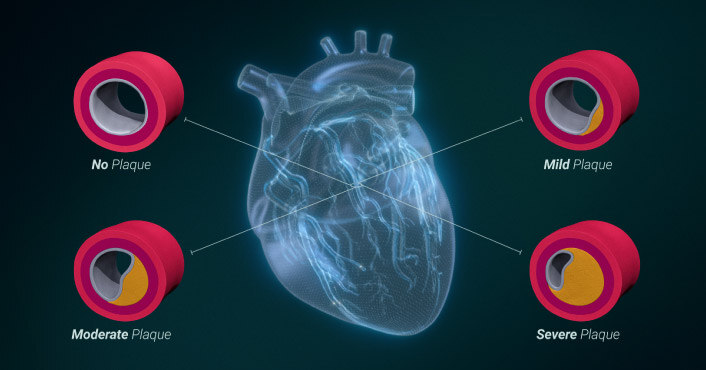4 min read
2023 in Review: A Year of Recognition, Growth, and Continuous Innovation at Cleerly
As we reach the end of 2023 and yet another remarkable year at Cleerly, it’s a great opportunity to reflect on all we’ve accomplished and begin...
James K. Min, MD, is a former Professor of Radiology and Medicine at Weill Cornell Medical College and Director of the Dalio Institute of Cardiovascular Imaging at NewYork-Presbyterian. He is a world-renowned cardiologist with a clinical focus on cardiovascular disease prevention and cardiovascular imaging. His work has culminated in >500 peer-reviewed publications, and four textbooks related to cardiovascular imaging and artificial intelligence.

4 min read
As we reach the end of 2023 and yet another remarkable year at Cleerly, it’s a great opportunity to reflect on all we’ve accomplished and begin...

3 min read
Myocardial perfusion, also known as a "stress test", is today's go-to-method for detecting coronary artery disease - despite limited performance.

3 min read
Last week, our team at Cleerly had the opportunity to take part in a gathering of impassioned cardiac computed tomography (CT) leaders at the Society...

2 min read
New research proposes a four-stage system for measuring the progression of cardiovascular disease (CAD) based on atherosclerotic plaque - not...

4 min read
Cleerly is excited to have released our vision statement calling for a new approach to cardiovascular care. It's an important topic - not just for...

4 min read
Cleerly is excited to have released our vision statement calling for a new approach to cardiovascular care. It's an important topic - not just for...

4 min read
Historically, our diagnostic approaches to patients with suspected heart disease have been restricted to the evaluation of patients with symptoms...